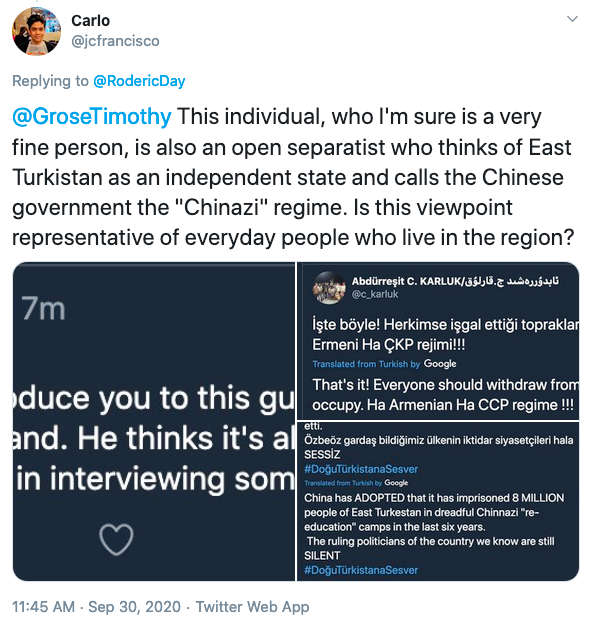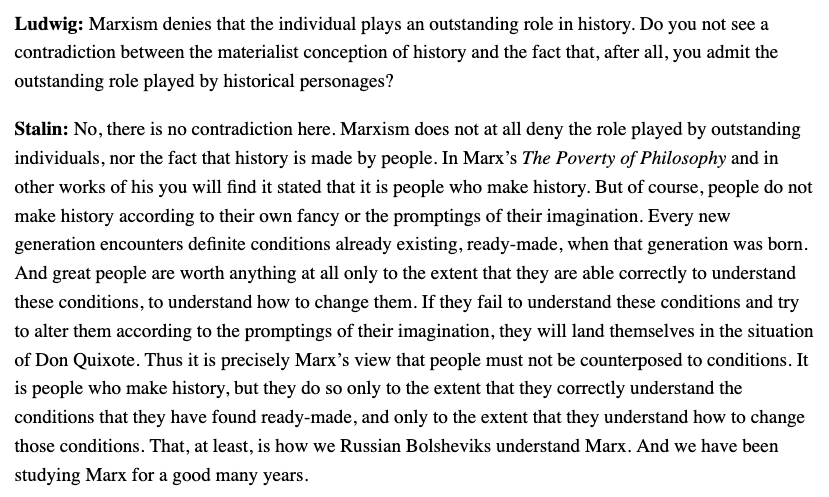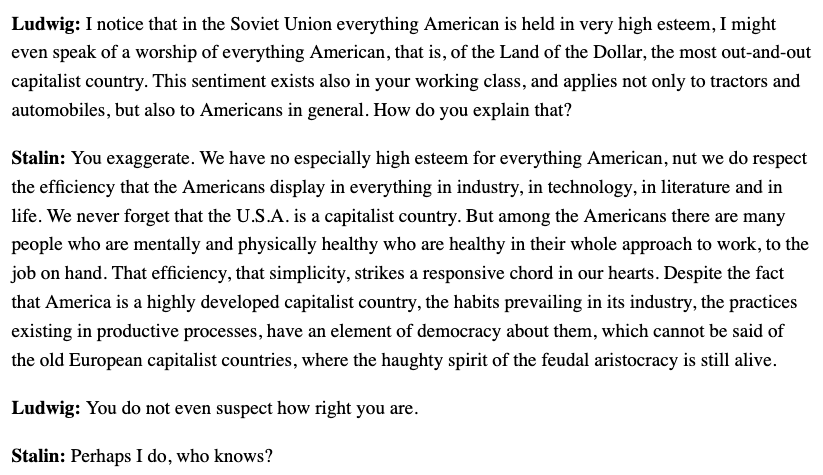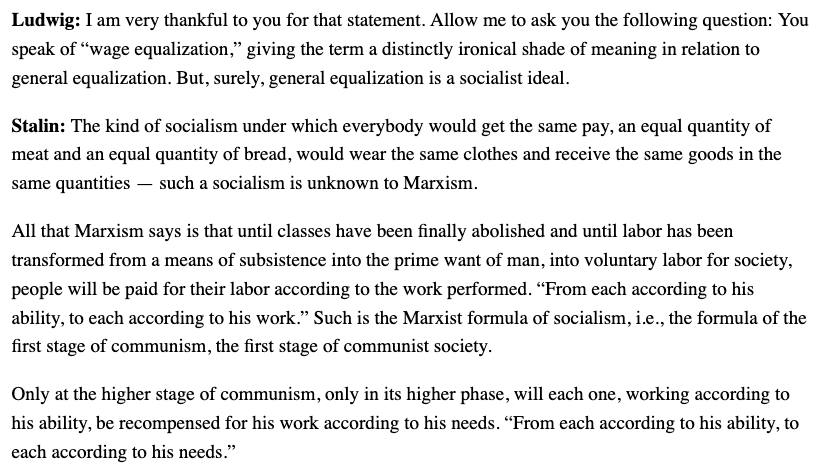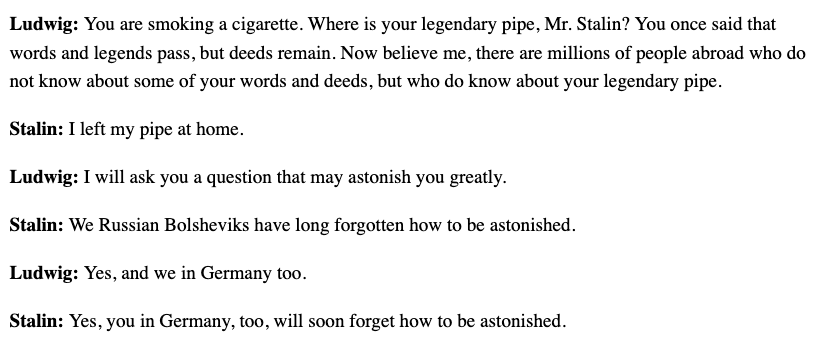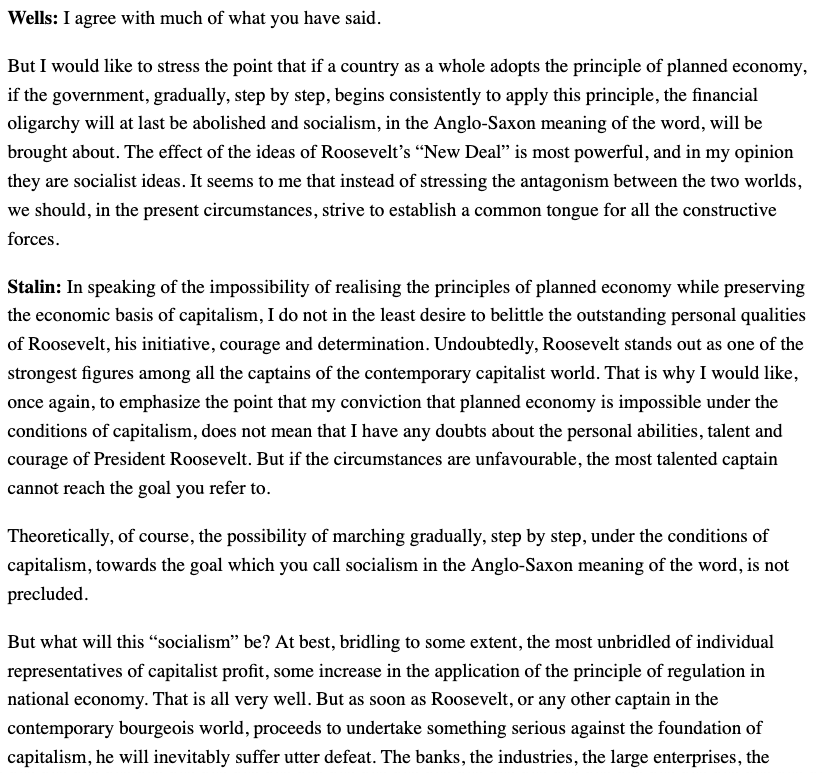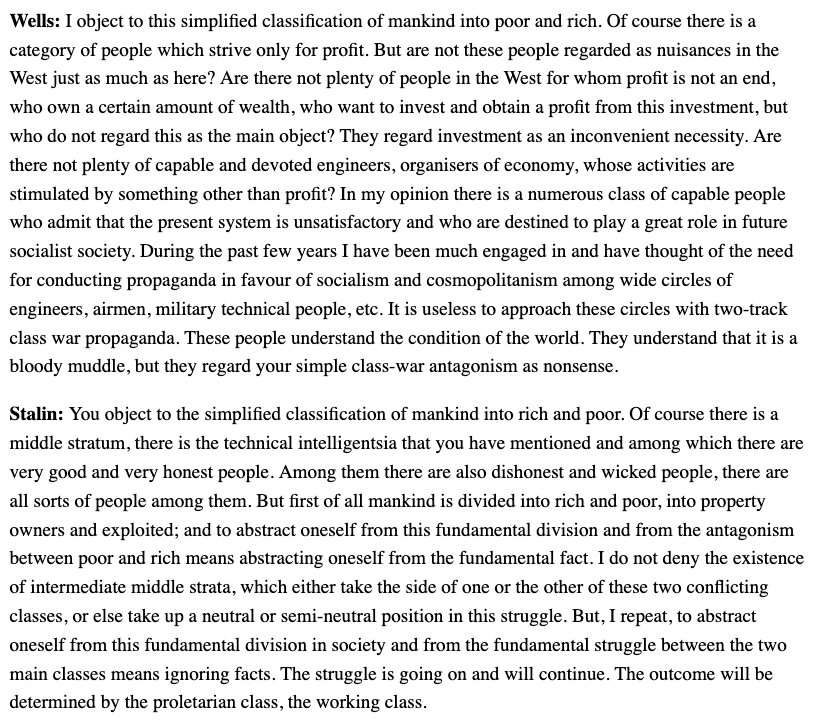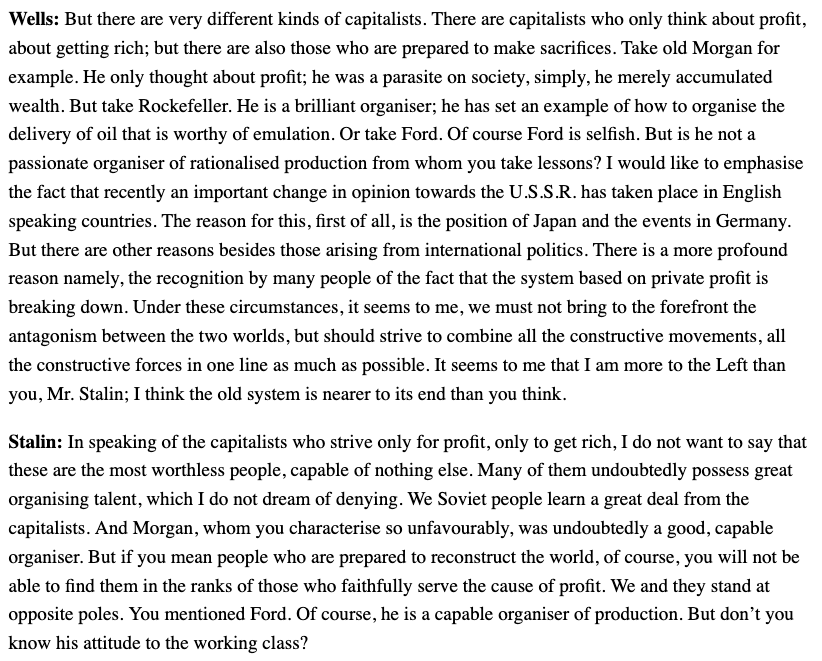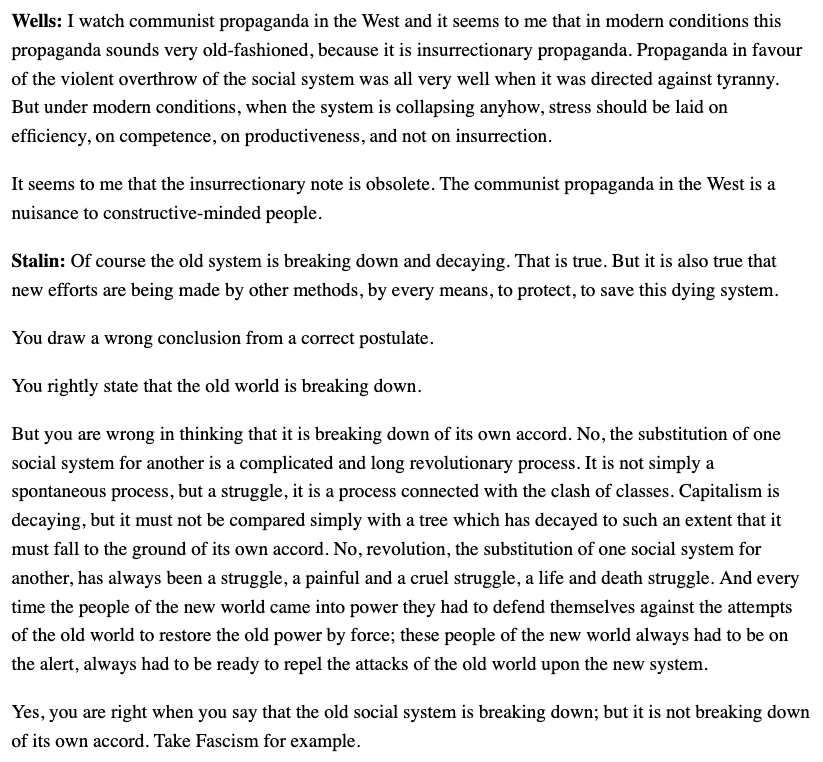
It's becoming fashionable for some Online Communists to speak derisively of how other Online Communists do too much theory, not enough organizing.
I think the opposite is the case. People don't even agree on what to think of China!
Assata's writing on the subject is insightful:
I think the opposite is the case. People don't even agree on what to think of China!
Assata's writing on the subject is insightful:

First of all, this is Twitter.
You should be doing one of two things: sharing interesting theory, or telling people *precisely* what exciting initiative they should get involved with.
The much more common and vague "organize!" is reminiscent of liberals yelling "learn to code!"
You should be doing one of two things: sharing interesting theory, or telling people *precisely* what exciting initiative they should get involved with.
The much more common and vague "organize!" is reminiscent of liberals yelling "learn to code!"
There's a *lot* of mass energy already out there.
An incomplete list:
- OWS
- Ferguson
- Standing Rock
- 2012 QC Strikes
- Wet'suwet'en solidarity
- 2020 BLM uprisings
- Bernie rallies
- Pussy hats
- CHAZ
- NC teacher strikes
- "storming" ICE camps
- airport Trump blockades
An incomplete list:
- OWS
- Ferguson
- Standing Rock
- 2012 QC Strikes
- Wet'suwet'en solidarity
- 2020 BLM uprisings
- Bernie rallies
- Pussy hats
- CHAZ
- NC teacher strikes
- "storming" ICE camps
- airport Trump blockades
Some of these are liberal, some are radical.
Some had mild success, some ended up in death, tears, frustration, wasted energy, and jadedness.
If something is lacking, it's a coherent, amply discussed, widely shared *theory* that systematically learns from each of these events.
Some had mild success, some ended up in death, tears, frustration, wasted energy, and jadedness.
If something is lacking, it's a coherent, amply discussed, widely shared *theory* that systematically learns from each of these events.
I think this theory more or less already exists, and it's often called Marxism-Leninism.
I think, in spite of it basically existing as a spectre in North America, it very much haunts its ideological competitors in what is sometimes called the "far left."
Content vs. branding:

I think, in spite of it basically existing as a spectre in North America, it very much haunts its ideological competitors in what is sometimes called the "far left."
Content vs. branding:


My personal advice is this: You won't be able to tell if your local organization is *right* for you if you don't know what you believe or desire.
For me, given I was already Very Online, it's much easier to begin by reading than by affiliating, and I know I'm not alone in this.
For me, given I was already Very Online, it's much easier to begin by reading than by affiliating, and I know I'm not alone in this.
I realized I wanted to work with people who were first and foremost internationalists.
That rejected CIA propaganda, that were vigilant against sinophobia, that were aware of "gusanos."
That's me. You'll have other priorities, but I suggest identifying them before affiliating.
That rejected CIA propaganda, that were vigilant against sinophobia, that were aware of "gusanos."
That's me. You'll have other priorities, but I suggest identifying them before affiliating.
And honestly, even *after* affiliating, I think the best thing I've done is start a reading club with some friends.
We get together once a week and read essays. Some of us are entry level in orgs, others are just curious, but that's not nothing in times of physical isolation.
We get together once a week and read essays. Some of us are entry level in orgs, others are just curious, but that's not nothing in times of physical isolation.
My point here is that even the radical fringes of our society worship entrepreneurship, and I disagree that people outside academia err on "too much theory, not enough action."
When questions like "What's up with China?" are closed, we'll speak of too much theory. Not before.
When questions like "What's up with China?" are closed, we'll speak of too much theory. Not before.
• • •
Missing some Tweet in this thread? You can try to
force a refresh




